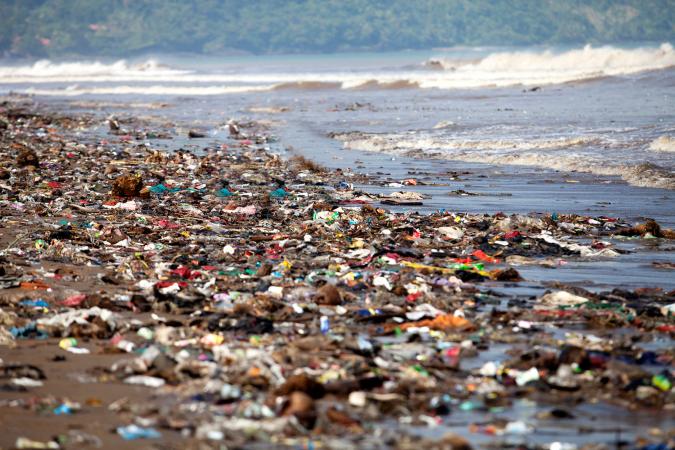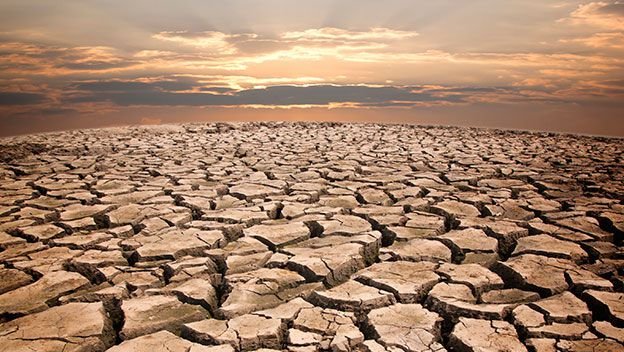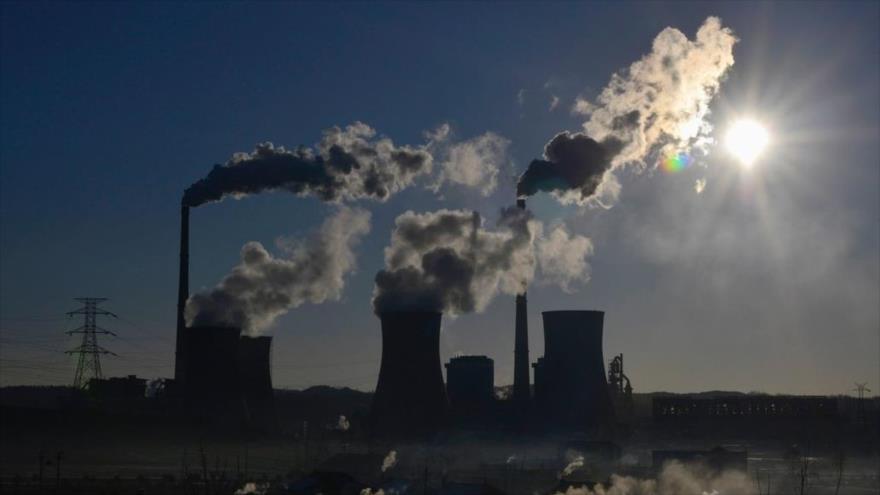A new mass extinction is near, as predicted by MIT scientists
A not very encouraging forecast but with very precise scientific bases. Scientists from the Massachusetts Institute of Technology (MIT) have evaluated recent studies and concluded that the increase in carbon dioxide emissions since the nineteenth century can cause the feared sixth mass extinction, an extermination that would cause the complete disappearance of beings alive all over the world.

For this to happen or not, as has been the norm for several years, the hand of man will have much to do. The danger is that a critical amount of carbon, about 310 gigatonnes (that is, 310,000 million tons), will eventually enter the oceans, and according to the researchers, at the rate that we have come, this will happen around the year 2100 due to the human activity.
Daniel Rothman, professor of geophysics at the Department of Atmospheric and Planetary Sciences and co-director of the Lorenz Center at MIT, has identified the "catastrophe thresholds" in the carbon cycle.

If they are overcome, they would lead to an unstable environment and, ultimately, to mass extinction. The limit figure calculated by him is to add 310 gigatons of CO2 dissolved in the oceans, amount that will be reached, according to the forecasts of the Intergovernmental Panel for Climate Change, in 2100.
"This does not mean that the disaster will happen the next day," Rothman said in a statement. "It means that the carbon cycle would enter a realm in which it will no longer be stable, and that would behave in a way that would be difficult to predict."
"In the geological past, this type of behavior is associated with mass extinctions," added the scientist whose research has been funded by NASA and the National Science Foundation (NSF) of the United States.
According to Rothman's predictions, on that date the carbon cycle of the planet will be near or already beyond the threshold of the catastrophe. Then, the planet will face unknown territory that it has already crossed on five other occasions, but it will be the first time that human civilization has passed through this test.

The conclusions not only show the threat of catastrophe, but on the other hand, impose a modification of habits. "There should be ways to reduce emissions," explains Rothman. "This work reminds us to be careful and supports the idea that we must study the past more to understand the present," he concluded.
Reference:
Buena Vibra

@cha0s0000 So Wonderful.Thanks so much for your sharing.
Glad you liked it :)
You have received an upvote from @livesustainably. I promote and curate content that encourages and educates others in living sustainably.
I also run competitions for those making the world a better place. Check out this weeks reducing plastic competition here